The Friedel Chronicles Part I - Tales of the nonpareil chess raconteur
There are very few individuals in the chess world who have met and known the many legends of the royal game as closely as the ChessBase co-founder Frederic Friedel. For years, Frederic traveled to chess tournaments, covering events after events and running the ChessBase newspage. In this process he rubbed shoulders with greats like Kasparov and Karpov, became friend and mentor to talents like Anand and Short. Well, one can only imagine the experiences that he accumulated over the years interacting with all these super-talents. The wonderful raconteur that Frederic is, he always makes sure to treat IM Sagar Shah with a story or two every time they meet. The Knowing the Chess Greats series is an effort to bring some of these much cherished conversations to the general chess audience!
Knowing the chess greats with Frederic Friedel - Part I
Frederic Friedel met IM Sagar Shah and Professor Nagesh Havanur recently in Bangalore. Below we bring you the transcript of the entire conversation they had. Professor and chess historian Havanur took the role of the interviewer and asked Fred a number of questions about his experiences with the great chess players of the past. Sagar Shah recorded this in a series of three videos. This is Part I of the series!
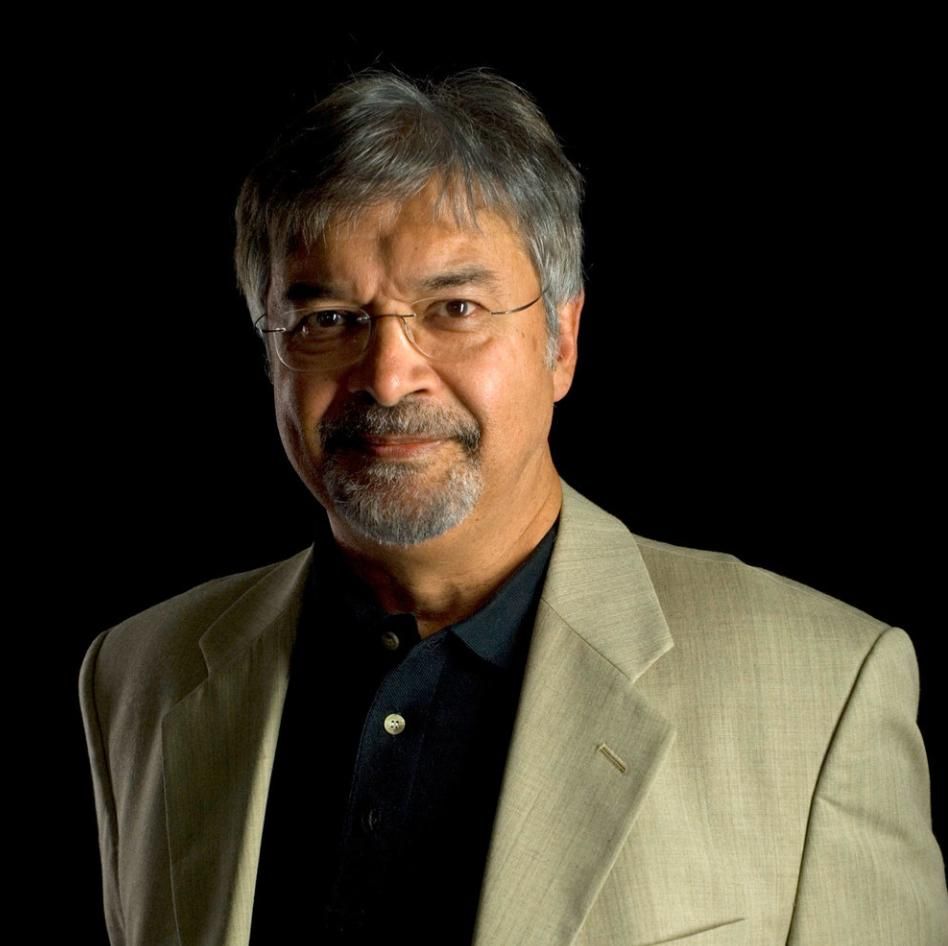
Nagesh Havanur: Frederic it is wonderful to meet you. Seeing someone who is a witness to chess of two eras - both the twentieth century and twenty first century - is always fascinating. You have met some of the greatest players of all time. We would like to know how you met them and who was the first great player to make an impression on you. Please tell us, I am all attention!
Frederic Friedel: Well, I was this amateur chess player who was doing science documentaries for German television, and then one day we suddenly decided to do one on how computers could play chess. In order to do that I flew to Moscow to meet Mikhail Botvinnik, who at the time was dabbling in computer programming. It was in the middle of the winter, I met Mikhail in his apartment, which was surprisingly cold, like AC cold. We sat in the only heated room in the apartment and I interviewed him, asked him questions on how computers could play chess. Later we became friends and I met him on a number of occasions, at conferences or computer chess events where he would be invited as a special guest.
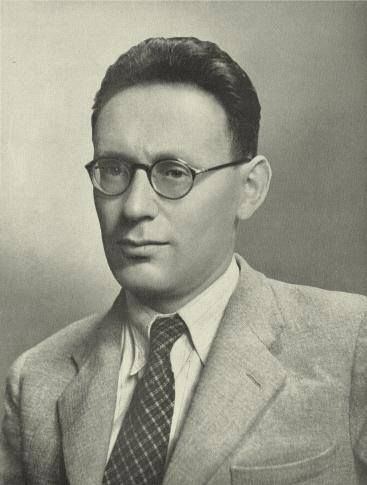
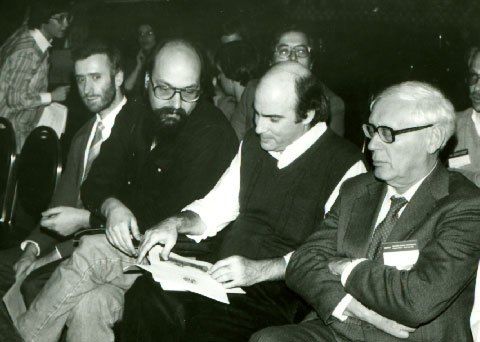
He was a very interesting and strange person. I will give you an example: one time I was at a conference where I was seated next to him because I knew him and was a friend, but he completely ignored me. "Why is he not talking to me?", I thought to myself. He spoke with everyone else, but I was sitting next to him and he said nothing to me. Then there was a sudden pause in the conversation and he just turned little bit towards me and said: "So, Frederic, how are you doing?" After that we had a chat and conversation, and everything was just fine! We also took him flying in a plane of Ken Thompson and went to the top of the Empire State Building.
I should tell you a little story here. We were at a conference in New York. I was with Ken Thompson there, the inventor of Unix and the computer language C. Ken bought tickets for a musical, Chorus Line. He bought eleven tickets, for all of us. I was curious to see how Botvinnik would react to it because he was a Soviet person and this was a very daring musical, but he seemed to enjoy it. Now comes the little story. We came out of the musical and were walking home, and on the street there was a chessboard with a a black chess player seated behind it. He looked at me and said,"Wanna play, wanna play? Five dollars a game." Ken was next to me and he exclaimed "Mikhail!" and raced across to Botvinnik. However, he didn't want to play, it was very dark and he couldn't see very well. I told the chess player he was lucky that it didn't work out. He said "Lucky? You know what I have the title of FIDE Master." I told him we wanted him to play the old man over there. He's Mikhail Botvinnik. Then we walked down the street and about two or three minutes later, this guy came and stood in front of us."Are you Mikhail Botvinnik?", he asked. "Yes", replied Botvinnik. Then the guy pulled out a twenty dollar bill and said, "Sign this for me. This is the greatest honour of my life, I will never spend this twenty dollar bill."
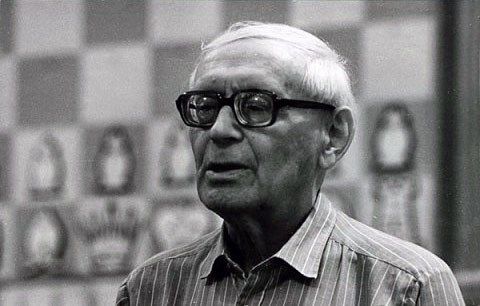
The next titled player I met was Nigel Short. The documentary I made on computer chess was very successful, so there was the other national channel hired me to do one for them. We started planning for that and I said that we needed a young chess genius to illustrate how human beings think in chess, how the mind works. There was a tournament in Hamburg and we invited this young chess prodigy, who was fairly unknown at the time, to play in this grandmaster tournament. It was Nigel Short. He was fifteen years old. I arranged for a chaperone in Düsseldorf to accompany him from one plane to the other. When he arrived I was looking for a little boy but I saw a six foot male standing there (Smiles). Nigel was grown up. He stayed in my home and we had a lot of fun with him. He was interesting, humorous, and a very naughty young boy.
By the way, he looked very feminine at the time. He had long hair and when he played in the tournament he actually borrowed a silk blouse from my wife and wore that to the game! You could see some Eastern European grandmaster playing against him and wondering if he should look down the blouse or not!
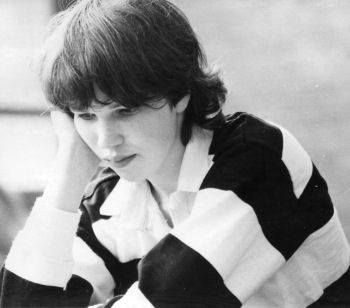
We did a number of experiments with Nigel. We would uncover a chess positions, in front of the camera, and then cover it again in ten seconds. He had to reconstruct the position on another empty board. He would turn around after five seconds. In one position he got the bishop wrong. When I told him he said: "No, that is the good move!" He not only put up the position, but showed us the good move. We did that with him and several other experiments over the years. In order to test whether he was being honest I sometimes showed him positions I had shown him the year before. And he would immediately say, "No, you showed me this, didn't you?". And that he would do in less than one second.
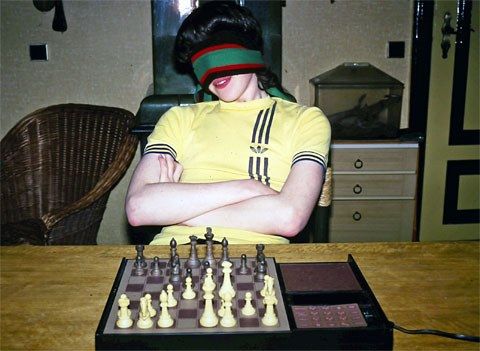
By the way, I told University of Hamburg Psychology Department about these experiments. They told me what I was saying couldn't be true, humans cannot do that. It was just impossible from the view point of perception psychology, scanning a position with twenty-eight pieces in less than one second. I suggested they try for themselves, and they sent a small delegation to my house. They brought positions from totally unknown games with them, and showed them to Nigel. And I remember they had this wonderful argument with him, saying, "You cannot be doing what you are doing here. How can you be doing this?"
The reason was that of course he was not seeing twenty-eight pieces, he was actually seeing six or seven clumps of pieces. For example, the fianchettoed kingside with three pawns, the bishop, the king and the rook makes for one such clump. It's like one word in an English sentence. He was seeing that, he was seeing one word here and another there and recognizing the full sentence. So this was Nigel, he came to my house twenty or thirty times, brought his brothers and parents as well, and we became family friends.
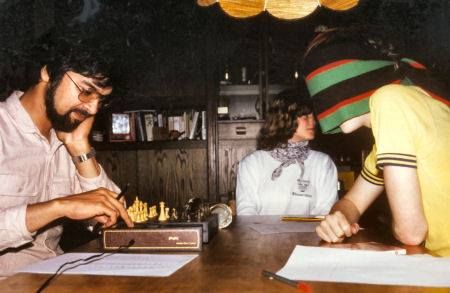
Nagesh Havanur: John Nunn was a contemporary of Nigel Short. He was his friend as well as his rival. Did you happen to meet John?
Frederic Friedel: Oh yes, I got to know John when Nigel was playing in the Junior World Championship in Dortmund. I took Nigel there, and he met with his second – some chess player named John Nunn. John and I hit it off immediately, because John is a very scientific person, a mathematician. He did a PhD in math and also became a grandmaster when he was 22. One day I asked him which was harder, doing a PhD or becoming a grandmaster. He said: "Is that a serious question? Come on, grandmaster was so much harder. A doctorate isn't easy, but it was nothing compared to making the GM title". And he was right you know. At a university there are dozens, maybe hundreds of students who do a doctorate in a subject like math per semester. But there are three people who become grandmasters in that year in that country – in spite of the fact that there are hundreds of thousands of people who would love to do it.
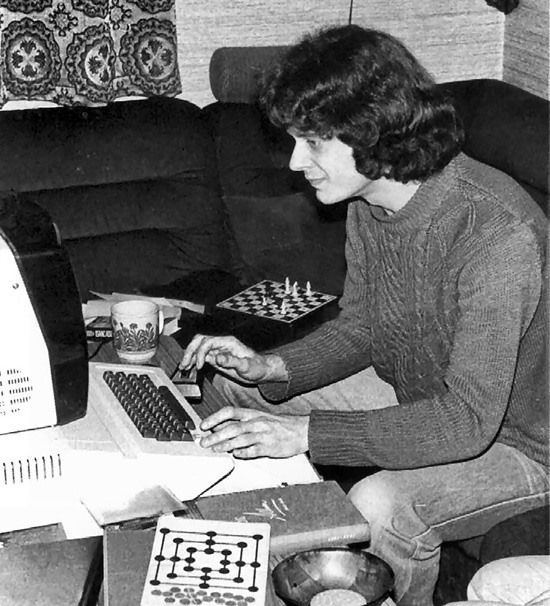
Well, John became a special friend and until now he is one of my best friends in the chess world. We meet at least once a year, we sometimes go to trips together. Recently we went to Cornwall which was very nice.
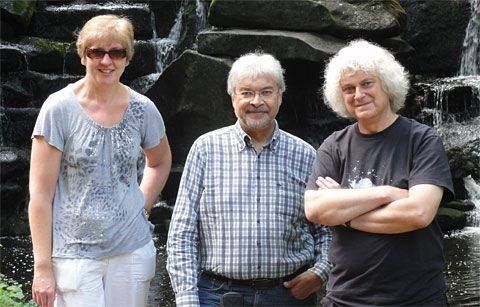
I must tell you about one incident during the Junior World Championship I was in Dortmund with John and Nigel, and I was on the street just outside the hotel when a young man comes and says the famous words: "Five to three, draw you win, five dollars a games!". What he was doing was challenging me for to play blitz where I get five minutes and he gets three, if I draw I win, and it costs five dollars per game. I said "No. I know who you are. You are Garry Kasparov." It was the young Garry Kasparov, seventeen or eighteen years old. He had cleaned out everyone else, and he'd seen me talking to Nigel and John and thought "Maybe a strong chess player!"
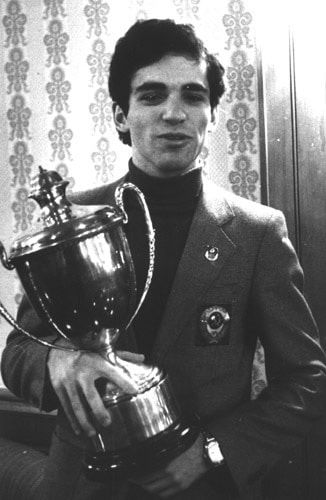
That's how I got to know Garry. I'm not going to tell you very much about Garry, because Sagar and I have done a lot of video on my adventures with Garry Kasparov, which have taken a whole lifetime. But I will tell you one more thing about Dortmund. We were filming this science documentary there, and I had played a computer secretly in a simul exhibition against a grandmaster. I took five games, four of which were by human players against the grandmaster, and one was a computer. I made a printout of the five games and sent them to experts, who were asked to guess which was the computer. I showed the sheet to Garry, who was sitting at the dinner, a young boy you know. I said, "Listen Garry, my address is at the bottom, when you get back home you look at these games and try to identify which player is the computer, and then you send it to me. Here's an envelop with my address on it" (I think email wasn't invented back then!) While I was talking to him laboriously, this boy was scanning the games, running his fingers down them, and he identified the computer in like thirty seconds. All the experts had failed. This was Garry Kasparov, always very impressive.
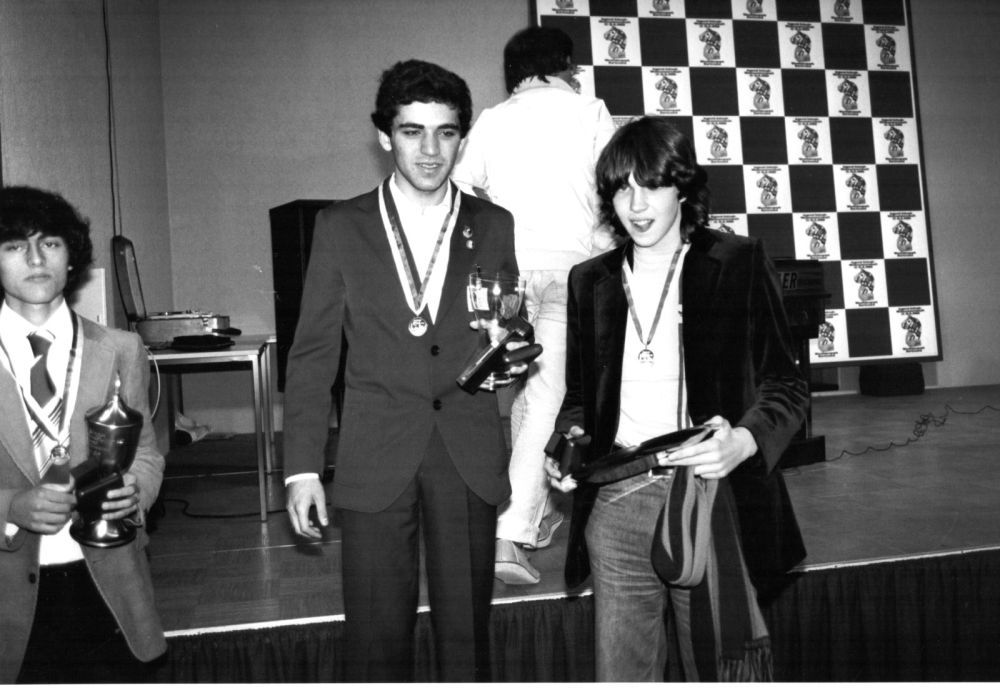
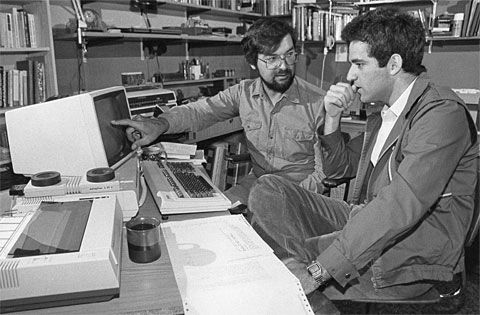
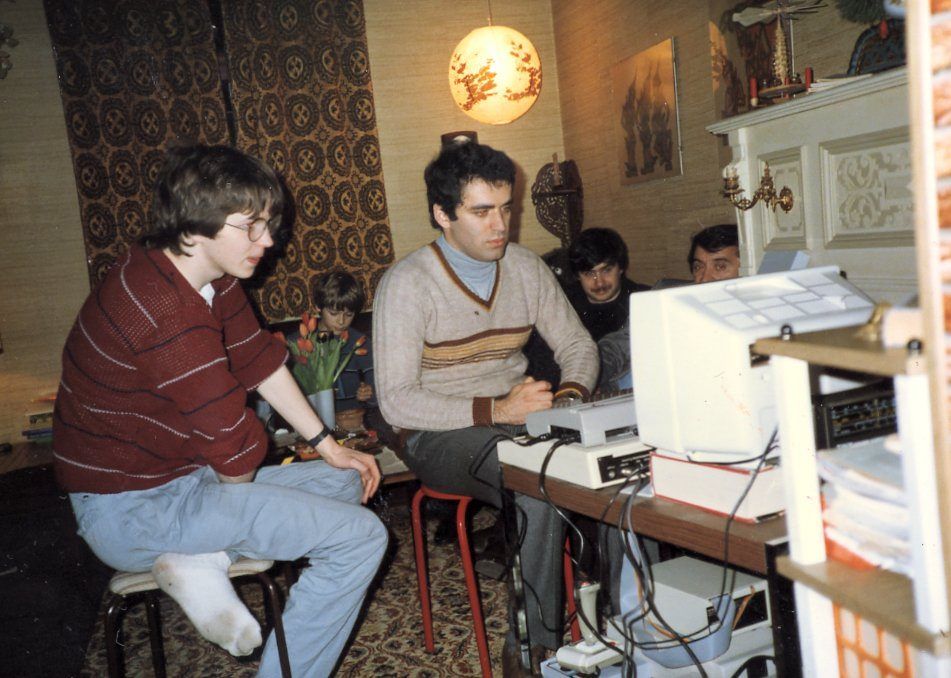
Nagesh Havanur: If Kasparov comes, Karpov cannot be left far behind! Could you tell us something about Anatoly?
Frederic Friedel: I think I met Anatoly before I met Garry. He came to Hamburg, where I live, to promote a chess playing computer. I got to know him quite well. He was much stiffer than Garry, but he has a sense of humour and I had a lot of fun with him. Anatoly was by far the strongest player on the planet, but then the worst thing that could happen to him happened. It wasn't an asteroid hitting the earth but it was Kasparov turning up. Karpov's life would have been so wonderful if there wasn't a Garry Kasparov. But that was what happened to him. And then there was this bitter rivalry – the match had been called off and there was going to be a rematch. You know this story, they were bitter rivals. Later they tried to negotiate some kind of a truce, and this was done in Lucerne.
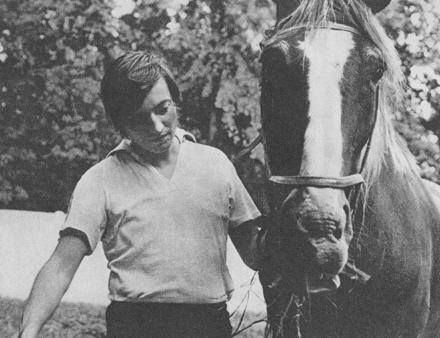
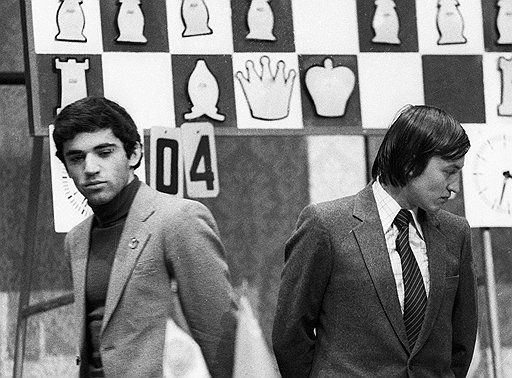
I went to Lucerne to accompany Garry. There were a number of things that happened there. Let me tell you this story, it is very nice. I picked them up at the airport in Zurich, we were in a car and it was very hot. There was no air conditioning and they were tired, bad tempered. They were both sitting behind me, next to each other. So what did I do – I turned around and said,"I have something for you. A game starts with 1.e4 and ends in five moves with knight takes rook mate". Garry says, "What is this? Is this a puzzle or what?". I said, "Yes, you have to reconstruct the game". He said: "Come on, we are tired" and looked away. Then, about ten minutes later, Garry says to me: "Do you mean five moves after e4, on move six?" And immediately Anatoly says "Of course not, then there would be many solutions!" So they were actually sitting there thinking about this problem!
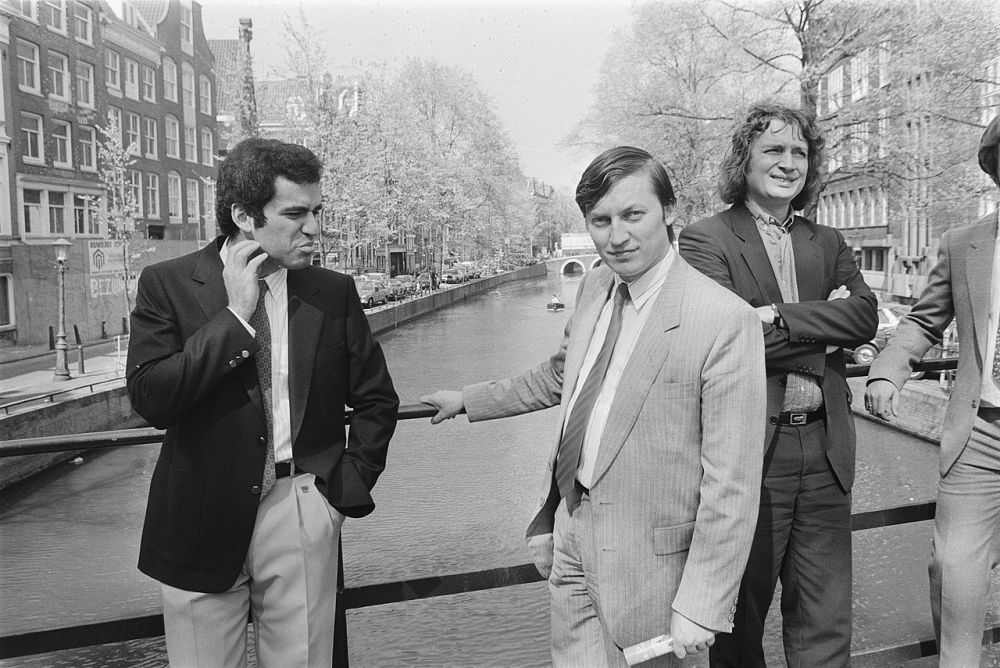
Then we arrived in the hotel, spent some days together. At some stage Garry came to me and said, "Listen, Fred, you are occupying the two greatest chess minds in the world with your stupid problem. We think it has no solution. I want you to go up to your room and play through the solution on a chessboard. See if it really works". I said, "Okay I'll do that, but only if you go back to your room, check your passport and make sure that you are really Garry Kasparov". So he went to his room, and I went to my room. I came down and said "Yes, it works", and he replied, "Yes, I'm Garry Kasparov, I checked my passport".
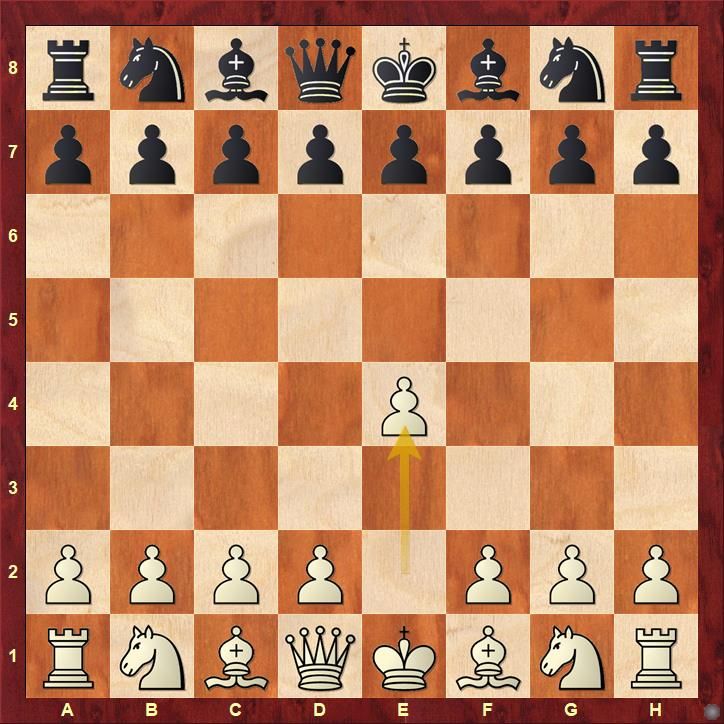
So I wrote the solution to the problem on a little sheet of paper, sealed it in an envelope, wrote the problem on the outside, and said to Garry: "Go back home, and when you solve it, you write the solution on the unopened envelope and send it to me." I didn't hear from him in a while, and then he played Karpov in London. He was standing beside Margaret Thatcher. I asked him about the problem. He said: "I have it with me and will solve it, but now I am busy playing the World Championship, you know!" Then some months later my wife said to me, "There are many phone calls and messages, you are supposed to call Garry, he's looking for you". So I phoned him. He was at the Botvinnik School, training young chess players. He said, "Fred, you are dead! I am going to kill you!" He had given the young chess players at the Botvinnik School my puzzle. They had tried it for an hour, but could not solve it. They wanted to know the solution. But Garry himself didn't know the answer, so he said to them "You must spend some more time trying. We will discuss it tomorrow." Then he went on the phone quickly and called his home in Baku. "Look for that envelope," he said, but they couldn't find it. So the only thing was to call Fred and ask for the solution.
So I said: "You want me to tell you the solution? Then get down on your knees and say 'I was not able to solve the problem, Fred.'" He said, "I'm sitting next to Botvinnik, I can't get down on my knees." So I told him the solution, and he said: "Oh my god, how can I not have seen that? What is wrong with me?" He was absolutely devastated!
One more story from Lucerne. We were conducting hostile negotiations between Karpov and Kasparov, together with Campomanes. At one stage I was in Kasparov's room, and Karpov came in to ask for something. I said "I want to teach you a new card game". I told them the rules of the game, and that there was a trick to it. It is a purely strategic game, but I will win! I have practiced it, and you son't be able to beat me. Karpov said "That is impossible. I am a professional card player, I can beat anyone." Then we sat there and played and played and played! I still have the score cards, and I was winning, because I was very good at it – I had played hundreds of games, and they were still amateurs. Karpov played a very strategic game, while Kasparov played a completely madcap game, he was always going for the total pot.
We were playing, and then suddenly we all turned to the TV set that was running in the background. The news program had just announced the crash of the Challenger, the space shuttle. We sat there dazed... and I will always remember when it happened.
Anyway, after we had played for a number of hours there was a knock at the door. It was Campomanes, who said "Anatoly, I have been looking all over for you." The point is that the only place he didn't look was in Kasparov's room. After all, Karpov and Kasparov were enemies, right?
Anatoly has remained a friend till today. I meet him occasionally, and we always trade memories, jokes. He is a funny guy, always interested in anything I have to say – about new technology and so on. I can easily sit for half an hour or so describing him a new technology. His mind is incredibly open and awake. He's just a nice, good friend.
Nagesh Havanur: There is this great triangle, the first point of which is neither Kasparov not even Karpov, it's rather someone you know very well...It is Viktor Korchnoi. You know what Korchnoi's opponents used to call him, Viktor the terrible, right? Even outside of chess he was a very tough no nonsense person with a very short temper. How did you break ice with Viktor?
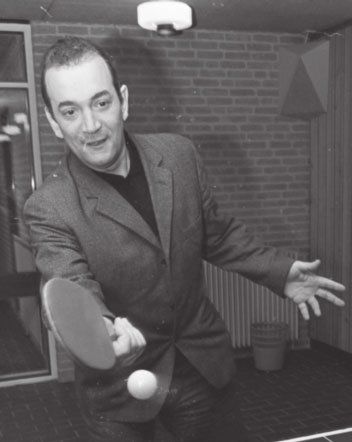
Frederic Friedel: I'm trying to remember when I first met him – in Hamburg or at a tournament. Viktor, as you say, was basically very rude. He could be rude to anyone, to the organizers, to his opponent, to a journalists. I just put up with it and I just joked around him. I think I gained his affection, he looked for my company, we had a lot of discussions – I was very open to him. Then we invited him to Hamburg to do a recording for ChessBase. He came and he did a fantastic recording. I remember teaching him to look at the camera, and not at me, and be spontaneous and things like that.
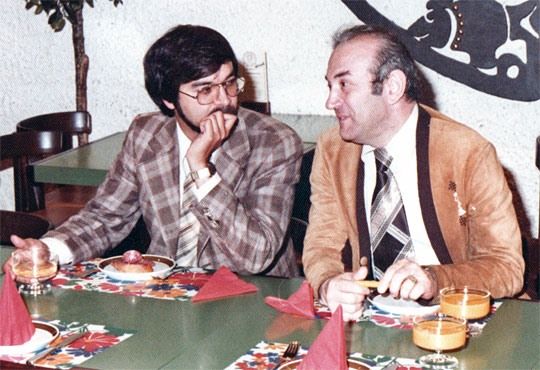
So he was a good friend. Unfortunately he became old, he had a stroke. But I could still talk to him and have fun with him. The last time I met him was a couple of years ago, in Zurich and he was totally incapacitated. He sat in his wheelchair, and when I approached him he simply gave me a what-you-gonna-do shrug. And then very soon after that he died which was so sad. The close of his life was very hard for him.
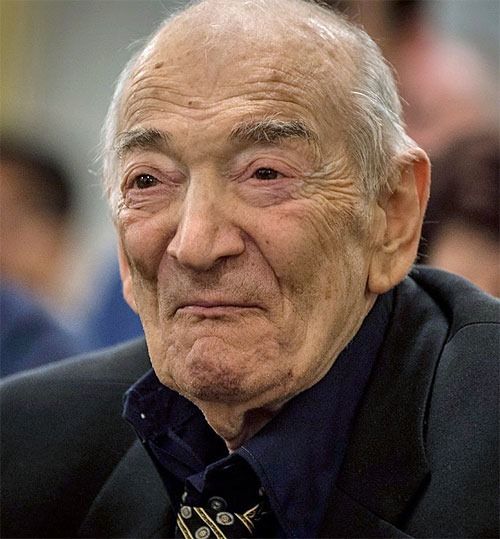
Nagesh Havanur: When you talk about Viktor, one person you can't miss is his companion, his soulmate Petra. Did you meet her too?
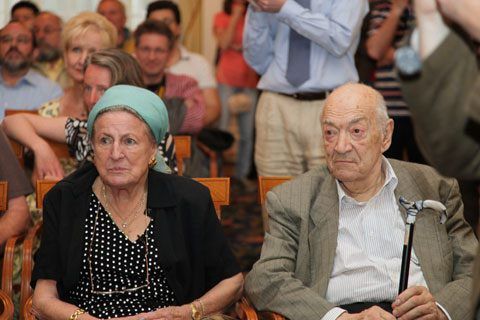
Frederic Friedel: Of course I met her. Petra is a very special friend of mine. You know she had very cleverly made friends with Viktor. They met in a simultaneous exhibition where she had a book which she knew he admired! He kept looking at it, and afterwards they got into a conversation, became friends, and then got married. Petra was always with him. Even in her eighties Petra was a superbly elegant person. She would sit there, reading a book, and I would go over and flirt with her. We were just very, very good friends – I was always looking for her companionship, she was looking for me.
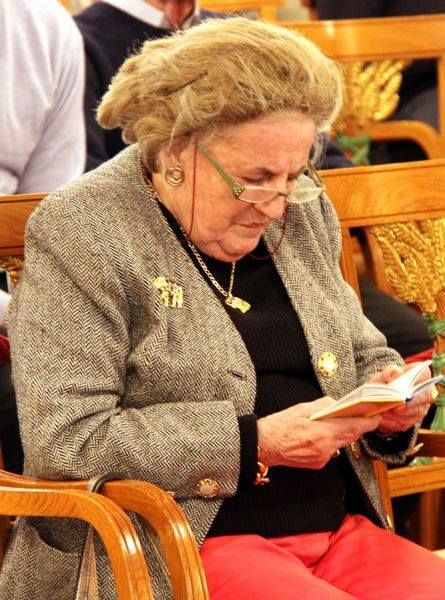
I remember this one time we were driving through Austria, I think Linz. We were driving through and having a nice conversation, and suddenly I see a tear run down her cheek. I asked her if she was alright, and she pointed to a building and said, "That's where I got arrested. I was a young student, and after the war I was crossing the Soviet zone to come to Berlin. They stopped me there and checked my passport and everything, and said I was a spy." The sent her to a prison of war camp in Northern Siberia, with horrible conditions, for some eight years or so. She learnt Russian, only formal Russian because she refused to speak to her captors in informal Russian. She survived and came back. It was very moving to drive past the building where she was arrested.
Petra is still alive. She was slightly older than Viktor. I haven't met her in the last two years. The next time I am in Zurich, if she cannot make it to the tournament, I will go to her home. If she is completely infirm it doesn't matter. I want to see her one more time.
Stay tuned for parts II and III of knowing the greats with Frederic Friedel which we will publish soon...








